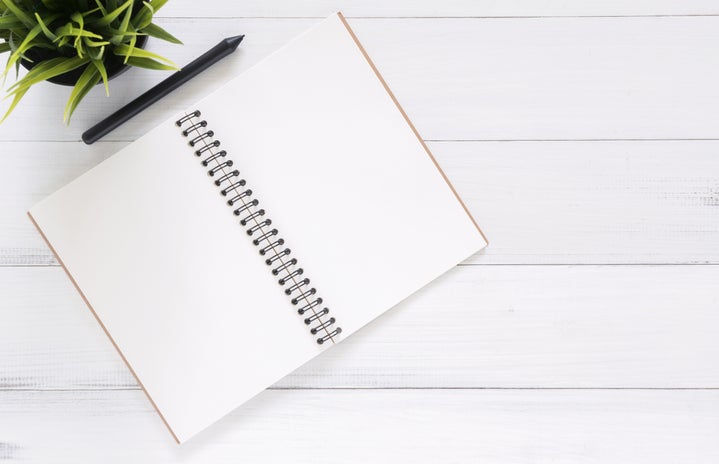Growing up, I was an honor roll student. In fact, I’m still one. From friends, I always get the question, “How do you always get good grades?” In the past, I’d always respond with the simple, comedic answer, “Uh, I study.” However, the study methods I use can actually help my peers, so here are five helpful tips when studying for exams.
- Study early
-
Don’t wait until the night before the exam to start studying. If you cram, you’re most likely not going to retain the information. By studying early, you’re setting yourself up for success. Instead of pouring huge chunks of information into your mind, study piece by piece. Start studying at least a week before your exam, then each day study for about 30 to 40 minutes. Create a study schedule; this will allow you to feel less overwhelmed while studying, and help you to retain the information better.
- Focus on the topics you don’t understand
-
If you’re struggling with certain topics that might be on the exam, focus on those. You should, of course, still study the other topics that will be on the test. While preparing for the exam, however, spend less time on the material you already know. This will give you more time to practice the topics that you don’t understand, and then, when the exam comes, you’ll be prepared for questions on those difficult topics.
- Color-code your notes
-
If you prefer not to add different colors to your notes, there’s nothing wrong with that. However, it can be really helpful while studying. Having colors for certain information helps important notes stand out. For example, if your professor hints that certain topics will be on the exam, you may want to highlight or write those things in a certain color. When I return back to old notes to study, I find color-coding to be a useful tool. It helps identify important information, and, let’s be honest, it makes the notes less boring to look at. If you haven’t tried color-coding yet, give it a shot and see how it goes.
- Do practice tests or quizzes
-
Some professors have practice tests and quizzes to help students prepare for exams. If your professor doesn’t have them, create your own. Write down questions in your notebook, and then on another page, write the answers. You can even create a personalized quiz and flashcards on Quizlet. Testing yourself or having a friend test you will reinforce the material you’ve learned. It’ll also show you what topics you need to study more. Create your own practice tests for your next exam — It’ll push you closer to acing that test.
- Take study breaks
-
It’s very important to take study breaks because if you overload yourself with class material, you’re not going to retain as much as you’d like. Take about ten minutes to de-stress. Listen to your favorite songs, stretch your legs, walk around. Do something that will relax you before you get back to studying for classes. If you’re having a tough time grasping information, take a break and come back with fresh eyes. After that break, you’ll come back with a clearer mind and will be ready to take on the challenging concepts. Feeling stressed? Take a break. Feeling overwhelmed by the amount of information? Take a break. It will help you in the long run.
If you haven’t tried these tips, give them a try. Studying can be challenging at times, but trust me, these will prepare you for your exams. Stay focused and motivated, and figure out which study methods work best for you. By doing so, you’re one step closer to acing your tests.



